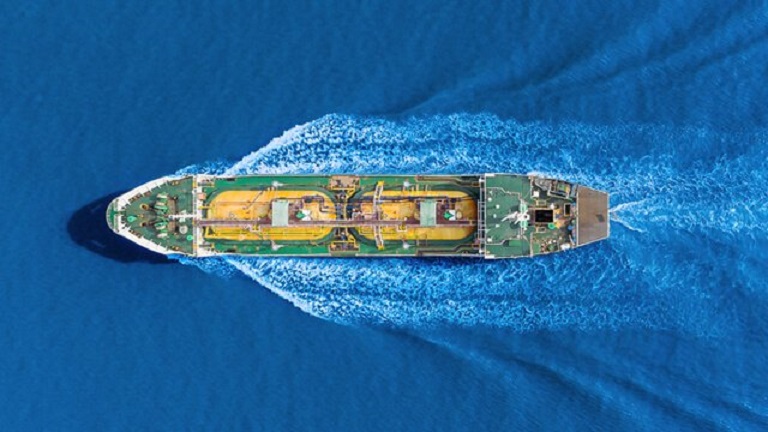Alfa Laval – a world leader in heat transfer, centrifugal separation and fluid handling – will soon start testing two new types of marine fuels; biofuels (made from waste) and methanol, in its Test & Training Centre in Denmark. To make these non-carbon fuels commercially viable can have a big impact on the marine industry in its strive towards zero-carbon shipping.

The International Maritime Organization (IMO) targets a 50 percent reduction of vessel-related greenhouse gas emissions by 2050. To achieve the long-term target of decarbonization, the industry must shift to new fuel types and technologies. The Alfa Laval Test & Training Centre in Aalborg, Denmark is taking a key role in testing new types of fuels to adapt and develop equipment for the vessels’ engine rooms and support the industry’s journey towards decarbonization. The 2800 m2 testing space – already equipped for today’s oil and gas fuels – has been readied for testing biofuels and methanol. The tests will begin during the spring.
“A number of fuel pathways are on the table in the transition towards zero carbon shipping but the knowledge about their impact on marine equipment solutions is limited. We want to extend that knowledge through testing,” says Sameer Kalra, President of the Marine Division. “It is our ambition to develop viable technology solutions in cooperation with other marine players, so that our customers can achieve their climate goals irrespective of the selected fuel pathway.”
Since ships have a lifetime of 20 years or more, zero-emission vessels must begin entering the global fleet by 2030 for a 50 percent reduction to be achieved by 2050. It is predicted that in 2023 the world’s first carbon neutral liner vessel will be launched and that methanol-fuelled vessel will be ready for delivery in two years’ time.
Did you know that… methanol enables the lowest greenhouse impact of any available liquid fuel, while biofuel is more of a challenge as it is produced from many different sources and therefore need thorough testing to secure safe operation?
This is Alfa Laval
Alfa Laval is active in the areas of Energy, Marine, and Food & Water, offering its expertise, products, and service to a wide range of industries in some 100 countries. The company is committed to optimizing processes, creating responsible growth, and driving progress – always going the extra mile to support customers in achieving their business goals and sustainability targets.
Alfa Laval’s innovative technologies are dedicated to purifying, refining, and reusing materials, promoting more responsible use of natural resources. They contribute to improved energy efficiency and heat recovery, better water treatment, and reduced emissions. Thereby, Alfa Laval is not only accelerating success for its customers, but also for people and the planet. Making the world better, every day.
Alfa Laval has 16,700 employees. Annual sales in 2020 were SEK 41.5 billion (approx. EUR 4 billion). The company is listed on Nasdaq OMX.